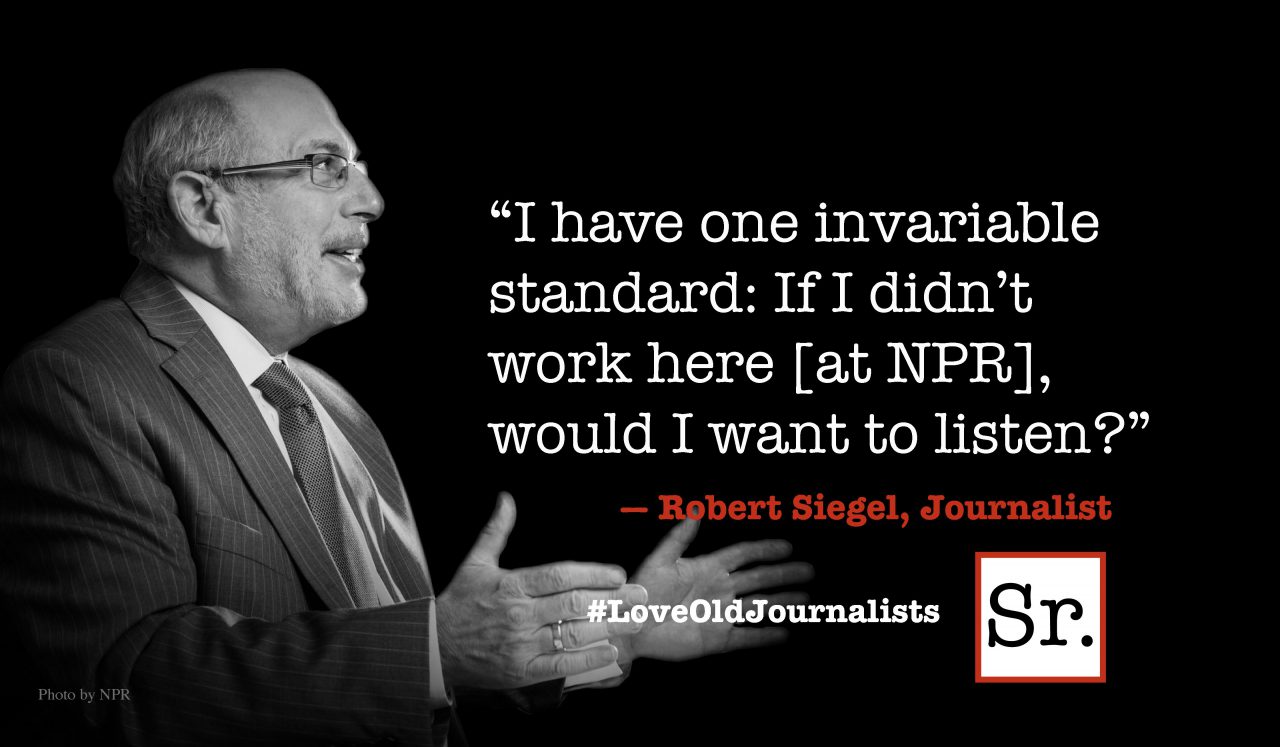The resumption of the debate in January 2012 between the President and his Republican critics on Capitol Hill over extending the payroll tax cut and jobless benefits, and Medicare doctors’ fees for the next 10 months may sharpen their differences more so than ever. Why? The debate will be about more than tax cuts and jobless benefits. Distilled to its core, the debate is over which political party gets to shape the values that will define who we are as a nation. Payroll tax cuts are just the current catalyst for their disagreements.
The President and the Democrats are “defending a tradition that sees government as an essential actor in the nation’s economy, a guarantor of fair rules of competition, a countervailing force against excessive private power, a check on the inequalities that capitalism can produce, and an instrument that can open opportunity for those born without great advantages” notes columnist E.J. Dionne. Some Democrats and many independents and progressives, however, would argue there is daylight between themselves and the President regarding his commitment to preserving this principle.
On the Republicans, Dionne notes, “The GOP is engaged in a wholesale effort to redefine the government help that Americans take for granted as an effort to create a radically new, statist society.” These two competing philosophies will roil domestic political waters through the November elections and beyond. It would behoove the American electorate to step back from rigid ideological dogma or a professed hatred for President Obama and think pragmatically. For millions of Americans, the competing visions of America represented by the two parties are really about whether we will see again a thriving middle class in our future. If they fail to grasp this fundamental reality, they will have doomed themselves to a bleak future.
President Obama and the Congressional Democrats enjoyed a brief — but well earned — victory lap following the outcome of the struggle to extend the payroll tax cut for two months. 160 million working class Americans breathed a temporary sigh of relief at having a few extra, needed dollars in their pockets every paycheck. The Democrats’ victory could be viewed as testament to the value of a President and his party sticking together in the face of predictable Republican intransigence. Another explanation that makes for a more interesting media play is the failed — more inept — leadership of House Speaker John Boehner to protect his party’s reputation as the party of tax cuts. Senate Republicans and Rupert Murdoch’s Wall Street Journal were apoplectic with rage.
The Tea Party caucus was the tail that wagged the dog in this instance. Boehner, having agreed to a compromise with Senate Majority Leader Reid and his Republican leader McConnell, and the White House, now under pressure from his crazies on the right, walked away from the deal. Alarm bells went off in the Republican establishment and you know the rest of the story. The stage is set for the post-holiday struggle.
In 2012, the Republicans need to recapture the political offensive, especially on the issue of tax cuts (and for whom), and the Democrats need to build on whatever momentum this temporary victory produced. The Obama Administration does have a record it can run on. It just has not figured out how to do it. The wildcard then may be the President. It may also be the House Republicans.
The President has been on his game lately winning plaudits from Progressives and independents alike. Obama’s base may be wondering if he will revert to form when the negotiations resume over extending the payroll tax cuts another year. They constantly fear he will fold under the intense pressure everyone knows is coming. Does the President have sufficient lift beneath his political wings to really fly? The question is legitimate.
The House Republicans represent a mixed bag. Some of the Tea Party caucus are purists and, for them, it’s acceptable to “blow up” the entire process. Other Republican Party members have an eye on their political longevity. Mainstream Republicans, less strident in their ideological zeal, but no less anti-Obama, worry about the abysmal approval ratings of congressional Republicans heading into the fall elections. These Senate Republicans could live with a temporary payroll tax cut and the political cover it gave them over the holiday season. There was time, they reasoned, to recover politically if they could negotiate how it was to be paid for.
One of the questions on everyone’s mind is, will the House Republicans become a more responsible political force in negotiations with the Democrats in 2012 to avoid a possible loss of the House? Or, will they return more emboldened than ever to recapture the initiative from the President and the Democrats after their humiliating drubbing in December?
A rumor making its rounds within the beltway media while circulating among Washington’s cognoscenti concerns Boehner’s grip on the top House leadership position. No one anticipates a House coup in the short term, but the public speculation does not augur well for his future. The holiday period could not have been pleasant so, how does he position himself in the coming struggles with his obstreperous critics in the Tea Party, among mainstream Republicans, or with an energized Democratic minority in the House? Boehner’s will have to be one of the more delicate political balancing acts we will see in the months ahead.
Another factor of undetermined weight may be the outcome of the Republican presidential primaries. It is fairly certain that the frontrunner, and those who would dethrone him/her, will drive the debate, and perhaps the Republican Party, to the extreme right. This dynamic will only heighten tensions with mainstream Republicans with an eye on securing the votes of Progressives and independents this fall. Karl Rove and his wing of the party will have to devise an effective strategy to tamp down the outsized influence of the Tea Party and its cohort of extremists who clamor for more radical approaches to every issue on the federal agenda.
The President and the Democrats will most likely position themselves as the defenders of everyman and everywoman. The smart strategy would be to crowd the center right on the political scale and appear to be moderates struggling to protect the gains the working and middle class have achieved during Obama’s presidency. Any capitulation to the “crazies” by the President will further separate him from those important to his reelection. His job approval ratings exceed the unfavorable for the first time since July. Therefore, he has only to campaign against the forces of darkness with plenty of examples for others to fear. In full campaign mode, he will likely suit up for this one; he has no choice.
The voters are not bystanders to the struggle. Our advantage is, we know we are the objects of the struggle. We will be lied to; facts will be distorted and we will experience levels of boredom, frustration, and just plain anger at the guile and duplicitousness of many of the candidates. However, the process necessitates that we elect candidates — and we will.
What is so ironic is that candidates who present themselves to us as champions of democracy are also architects of strategies to restrict the franchise of some and deny others the right to vote. The political process here at home is ever more sordid, costly, corrupt, and uninspiring.
In 2012, we will bear witness to campaigns that may set new highs for their costs and new lows for negative attacks. We may also bear witness to a serious third party candidate for the presidency. Few would argue that the voters deserve a broader menu of choices. While the candidates for state houses, the Congress, and the White House are locked in political combat, the rest of us could at least pledge to exact retribution from those we elect who, once in office, choose to become captives of the oligarchs and their deep pockets. We, too, are stakeholders in the struggle.









